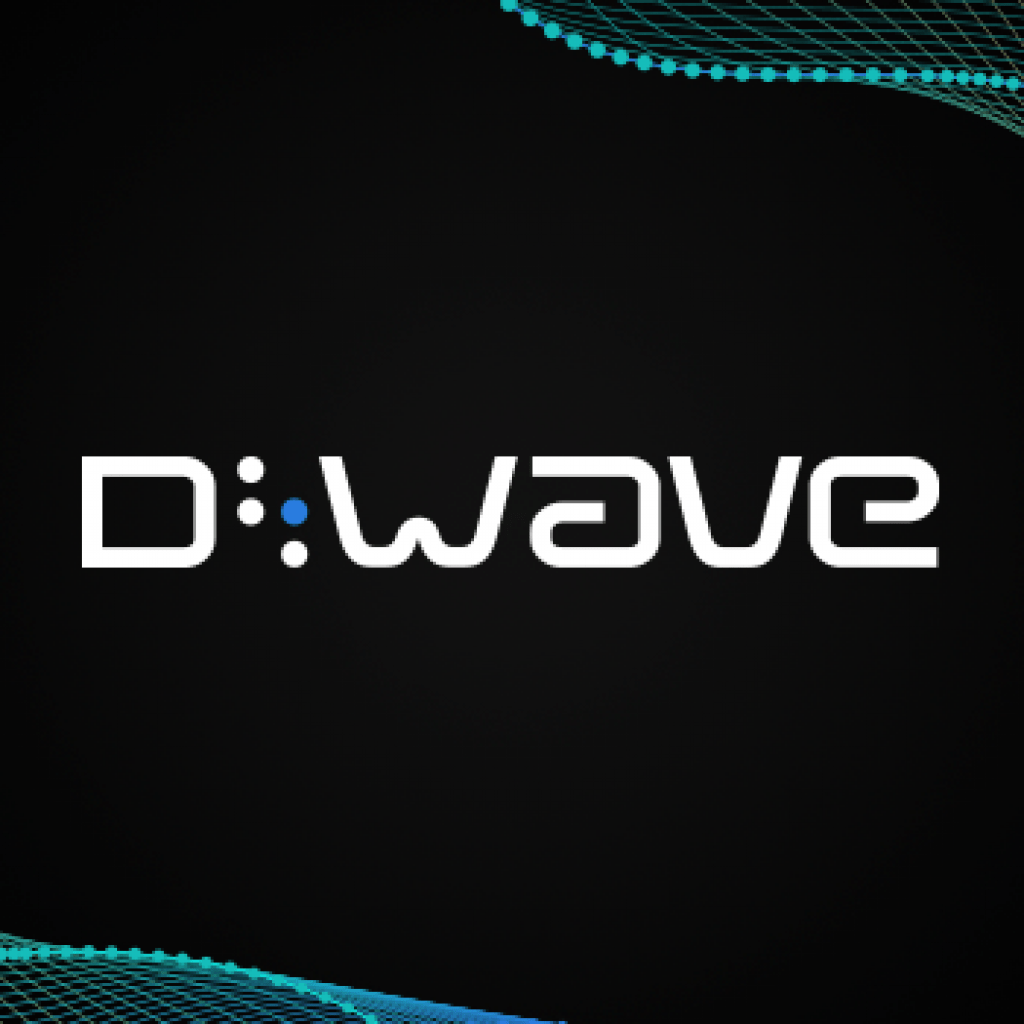D-Wave has unveiled a new hybrid solver plug-in for feature selection for its Ocean SDK, a capability that aims to help companies leverage quantum technology to streamline development of machine learning (ML) applications at a time when many more enterprises are adopting AI and ML technologies
The hybrid solver plug-in, now available for download, allows developers to more easily incorporate quantum into feature selection for ML workflows. D-Wave said it is built to integrate seamlessly with scikit-learn, an industry-standard, state-of-the-art ML library for Python.
According to IDC, 78% of organizations believe that AI-driven projects have significant or very significant impact on business outcomes, but projects can be complex and time-consuming, placing a premium on any tools that can streamline those efforts
“Emerging AI/ML technology for feature discovery and reuse can facilitate faster time-to-business value, synthesizing information across the enterprise,” said Kathy Lange, Research Director for IDC’s AI and Automation.
“We’re hearing from customers that the combination of quantum hybrid solutions with feature selection in AI/ML model training is important for accelerating business impact,” added Murray Thom, vice president of quantum business innovation at D-Wave. “This plug-in represents yet another example of how D-Wave is facilitating quantum ML workstreams and making it easy to incorporate optimization in feature selection efforts.”
Feature selection – a key building block of machine learning – is the problem of determining a small set of the most representative characteristics to improve model training and performance in ML. With the new plug-in, which abstracts away complex optimization formulations, ML developers need not be experts in optimization or hybrid solving to get the business and technical benefits of both. Developers creating feature selection applications can build a pipeline with scikit-learn and then embed D-Wave’s hybrid solvers into this workflow more easily and efficiently, D-Wave said.
Dan O’Shea has covered telecommunications and related topics including semiconductors, sensors, retail systems, digital payments and quantum computing/technology for over 25 years.
